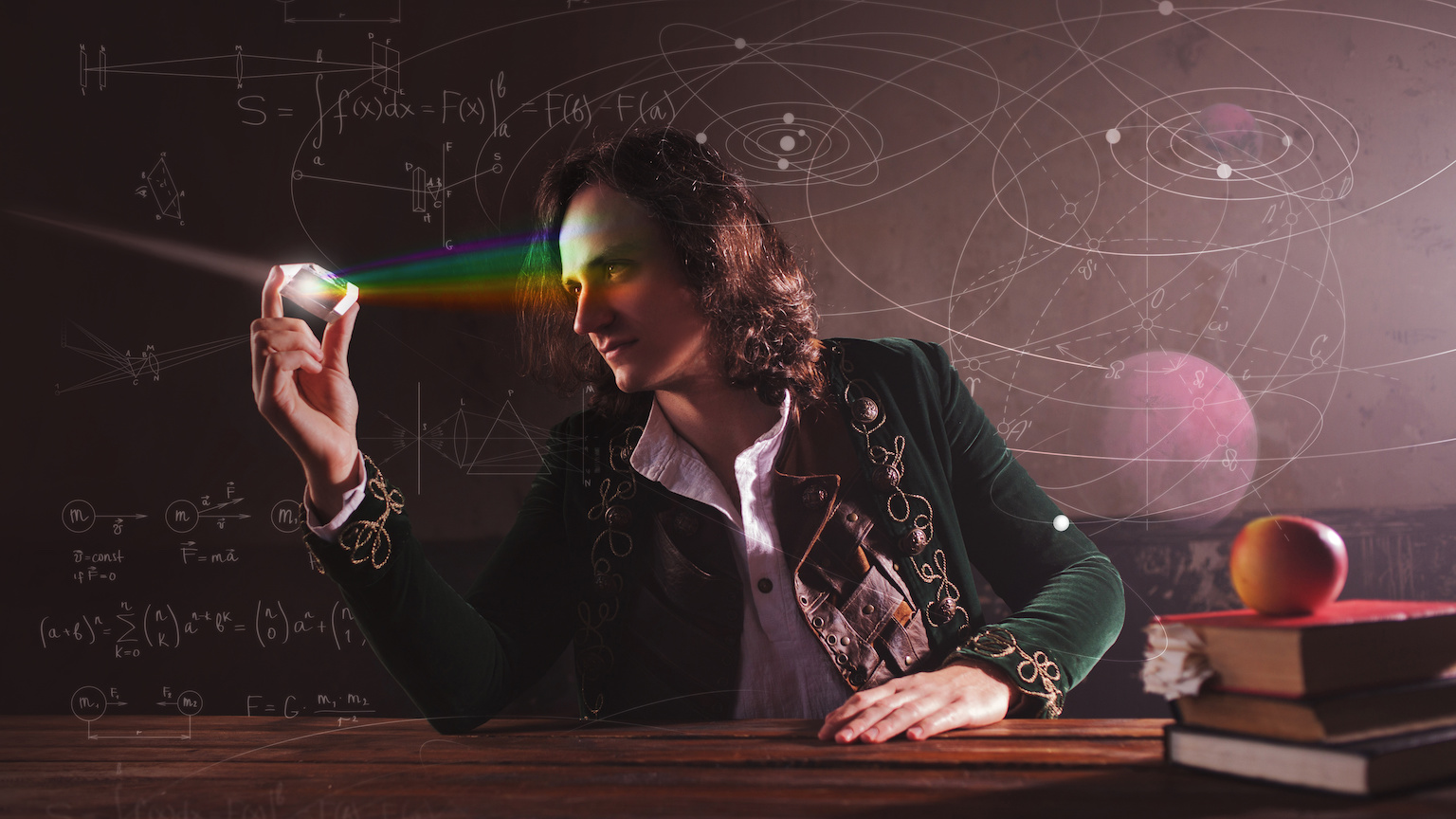Genius Unleashed: Revealing the Secrets of the World's Smartest Individual

Introduction
The concept of genius and intelligence has intrigued humanity for centuries, sparking debates and fascination across cultures and eras. From the brilliance of Albert Einstein to the creative genius of Leonardo da Vinci, history has seen individuals whose cognitive abilities surpass the ordinary. Understanding what makes someone the "world's smartest" offers valuable insights into human potential and intellectual growth. This article delves into the characteristics, habits, and secrets behind the exceptional intelligence of the world's smartest person, providing readers with a comprehensive exploration of genius.
Quick Info Table
| Aspect | Description |
|---|---|
| Definition of Genius | Exceptional intellectual or creative power or other natural ability. |
| Forms of Intelligence | IQ (Intelligence Quotient), EQ (Emotional Quotient), and other intelligences |
| Historical Perspectives | Evolving views on intelligence through history. |
Defining Genius and Intelligence
Genius, in modern times, is often associated with extraordinary intellectual or creative abilities. However, intelligence is multifaceted and cannot be limited to a single dimension. To understand genius, it's crucial to differentiate between IQ (Intelligence Quotient), which measures cognitive abilities, and EQ (Emotional Quotient), which assesses emotional intelligence. Other forms of intelligence, such as musical or spatial intelligence, also contribute to a person's overall cognitive profile.
Historically, intelligence was often viewed through the lens of philosophical and scientific inquiry. In ancient Greece, philosophers like Plato and Aristotle debated the nature of intelligence, while the Enlightenment era brought a more empirical approach to understanding human cognition. Today, the definition of genius continues to evolve, reflecting a broader understanding of human potential.
Profile of the World's Smartest Individual
Meet Christopher Langan, often recognized as the world's smartest individual. Born in 1952 in San Francisco, Langan's journey to recognition is as fascinating as his intellectual prowess. Despite facing numerous challenges, including financial hardships, he developed an exceptional ability to grasp complex concepts from an early age.
Langan's achievements extend beyond conventional academia. He is renowned for developing the Cognitive-Theoretic Model of the Universe (CTMU), a theory that attempts to explain the nature of reality through a unique lens. His contributions to theoretical physics and philosophy have sparked discussions and debates in intellectual circles worldwide.
Secrets to Their Genius
What sets Langan apart is not just his innate intelligence but also the traits and habits that enhance his cognitive abilities. Key characteristics include an insatiable curiosity, a strong work ethic, and a relentless pursuit of knowledge. Langan's daily routine involves dedicating substantial time to reading, thinking, and problem-solving, emphasizing the importance of continuous learning.
Education plays a pivotal role in nurturing genius. Langan, although largely self-taught, underscores the significance of a robust educational foundation. His approach to learning is holistic, integrating diverse disciplines to gain a comprehensive understanding of complex subjects.
The Science Behind Their Brilliance
High intelligence, such as that exhibited by Langan, is often a result of both genetic and environmental factors. Neuroscience and psychology provide insights into the workings of exceptional cognitive abilities. Studies suggest that individuals with high intelligence often have enhanced neural connectivity, allowing them to process information more efficiently.
Moreover, genetics can predispose individuals to higher intelligence, but environmental factors like upbringing, education, and life experiences play an equally crucial role. Case studies highlight how nurturing environments, exposure to diverse ideas, and challenges can significantly impact cognitive development.
Lessons from the World's Smartest Individual
Langan's journey offers practical lessons for those aspiring to harness their potential for genius. Embracing a growth mindset, which involves viewing challenges as opportunities for growth, is essential. Persistence and perseverance, even in the face of obstacles, are critical in achieving high intelligence.
Ordinary individuals can adopt habits that foster cognitive development, such as engaging in lifelong learning, exploring new interests, and cultivating curiosity. Langan's story serves as a reminder that genius is not solely about innate ability but also about the dedication to expanding one's intellectual horizons.
Challenges and Misconceptions
Despite the allure of high intelligence, individuals like Langan face unique challenges. These include societal pressures, expectations, and the struggle to find peers who share similar intellectual interests. Misconceptions about being the "smartest person" often lead to isolation or misunderstanding.
Dispelling myths surrounding genius is crucial for a balanced understanding. Intelligence is not limited to academic prowess; emotional and social intelligence are equally important. Society must recognize and nurture diverse forms of intelligence to create an inclusive environment for all individuals.
Conclusion
In exploring the secrets of the world's smartest individual, we uncover valuable insights into the nature of genius and intelligence. Understanding the characteristics, habits, and science behind exceptional cognitive abilities can inspire personal growth and societal advancement. As we reflect on Langan's journey, we are reminded of the limitless potential within each of us to explore and develop our intellectual capabilities.
The impact of understanding genius extends beyond individual growth; it has the power to shape society by fostering innovation, creativity, and progress. Encouraging readers to embrace their unique potential, this exploration of genius serves as a catalyst for intellectual exploration and development.
Additional Resources
For those interested in delving deeper into the world of genius and intelligence, consider exploring the following resources:
- Books: "Frames of Mind: The Theory of Multiple Intelligences" by Howard Gardner and "The Genius in All of Us" by David Shenk.
- Articles: Look for articles in scientific journals exploring intelligence theories and cognitive development.
- Videos: TED Talks on intelligence and creativity provide engaging insights into the topic.
- Online Courses: Platforms like Coursera and edX offer courses on cognitive psychology and brain science, ideal for those eager to learn more.
By engaging with these resources, readers can further explore the fascinating world of genius and intelligence, unlocking new avenues for personal and intellectual growth.